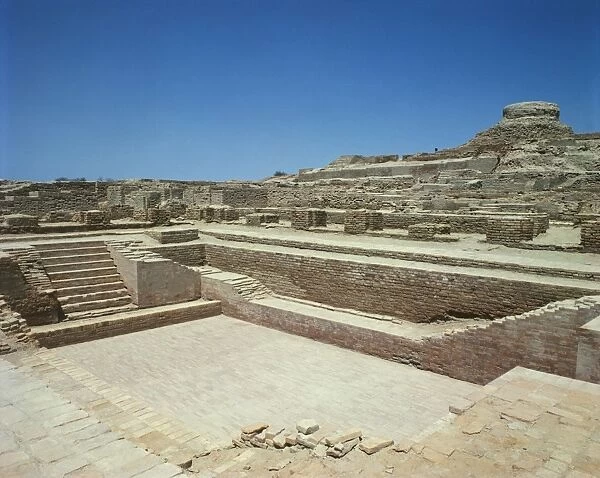Study Items
India, a land of myriad cultures, traditions, and landscapes, has long captivated the imagination of the world. In this comprehensive exploration, we embark on a journey to unravel the diverse tapestry of India, delving deep into its history, geography, economy, politics, and philosophy.
Indian Economy
Unveiling the Economic Powerhouse:
India’s economy stands as a testament to resilience and growth, blending traditional practices with modern advancements.
A Glimpse into History:
Tracing its economic roots from the ancient civilizations of the Indus Valley to the contemporary era, India’s journey reflects adaptability and evolution.
The Engine of Growth:
Fueled by liberalization reforms in the 1990s, India’s economic trajectory has propelled it onto the global stage, showcasing remarkable growth and development.
Key Sectors Driving Progress
Agriculture: The Lifeline:
Despite industrial strides, agriculture remains the backbone of India’s economy, sustaining livelihoods and ensuring food security.
Manufacturing: A Vision for the Future:
With initiatives like “Make in India,” India aims to bolster domestic manufacturing, fostering innovation and economic self-reliance.
Services: Powering Global Connectivity:
The services sector, encompassing IT, finance, and healthcare, emerges as a driving force behind India’s GDP and international trade.
Navigating Challenges, Seizing Opportunities
Addressing Income Disparities:
Tackling income inequality remains paramount, necessitating inclusive policies to uplift marginalized communities and bridge urban-rural divides.
Infrastructure: Building Blocks of Progress:
Investments in infrastructure hold the key to sustaining economic momentum, enhancing connectivity, and fostering equitable development across regions.
Indian Geography
Embracing Diversity in Geography:
India’s geographical expanse, ranging from lofty mountains to vast plains and serene coastlines, shapes its cultural mosaic and ecological richness.
A Closer Look at Physical Features
From the majestic Himalayas in the north to the enchanting Western Ghats in the south, India’s diverse topography offers a visual spectacle like no other.
Weathering Climate Variability
India’s climatic diversity, spanning arid deserts to lush rainforests, influences agricultural practices, biodiversity, and lifestyle patterns.
Abundance in Natural Resources
Rivers: Lifelines of Civilization:
The sacred rivers of India, including the mighty Ganges and Yamuna, not only nourish the land but also symbolize spiritual and cultural heritage.
Mineral Wealth: Fuelling Industrial Growth:
Endowed with abundant mineral reserves such as coal, iron ore, and bauxite, India’s natural wealth fuels industrialization and economic progress.
Confronting Environmental Challenges
Combatting Deforestation:
Rapid urban expansion and industrial activities pose threats to India’s forests, underscoring the urgency of sustainable conservation efforts.
Mitigating Pollution for Sustainable Futures:
The battle against air and water pollution requires concerted efforts, leveraging technology and policy interventions to safeguard public health and ecological integrity.
Indian History
Tracing the Sands of Time:
India’s rich historical narrative spans epochs of ancient civilizations, medieval empires, and colonial encounters, shaping its identity and ethos.
Ancient Marvels and Empires:
From the enigmatic Indus Valley civilization to the grandeur of Mauryan and Gupta dynasties, India’s ancient heritage lays the foundation for its cultural legacy.
The Colonial Interlude:
The British Raj, a defining chapter in India’s history, left an indelible mark, influencing socio-economic structures and igniting the flames of independence.
The Quest for Freedom
Champions of Independence:
Led by visionary leaders like Mahatma Gandhi and Jawaharlal Nehru, India’s struggle for freedom epitomizes courage, resilience, and collective will.
Indian Philosophy
Journey into Philosophical Depths:
Indian philosophy, steeped in ancient wisdom and spiritual inquiry, offers profound insights into the mysteries of existence and the human condition.
Exploring Philosophical Schools:
From the Advaita Vedanta’s nondualism to the pragmatic ethos of Nyaya, India’s philosophical landscape reflects a kaleidoscope of ideas and perspectives.
Eternal Truths and Ethical Imperatives:
Central tenets like karma, dharma, and moksha elucidate the moral fabric of Indian society, guiding individuals towards virtuous living and spiritual fulfillment.





